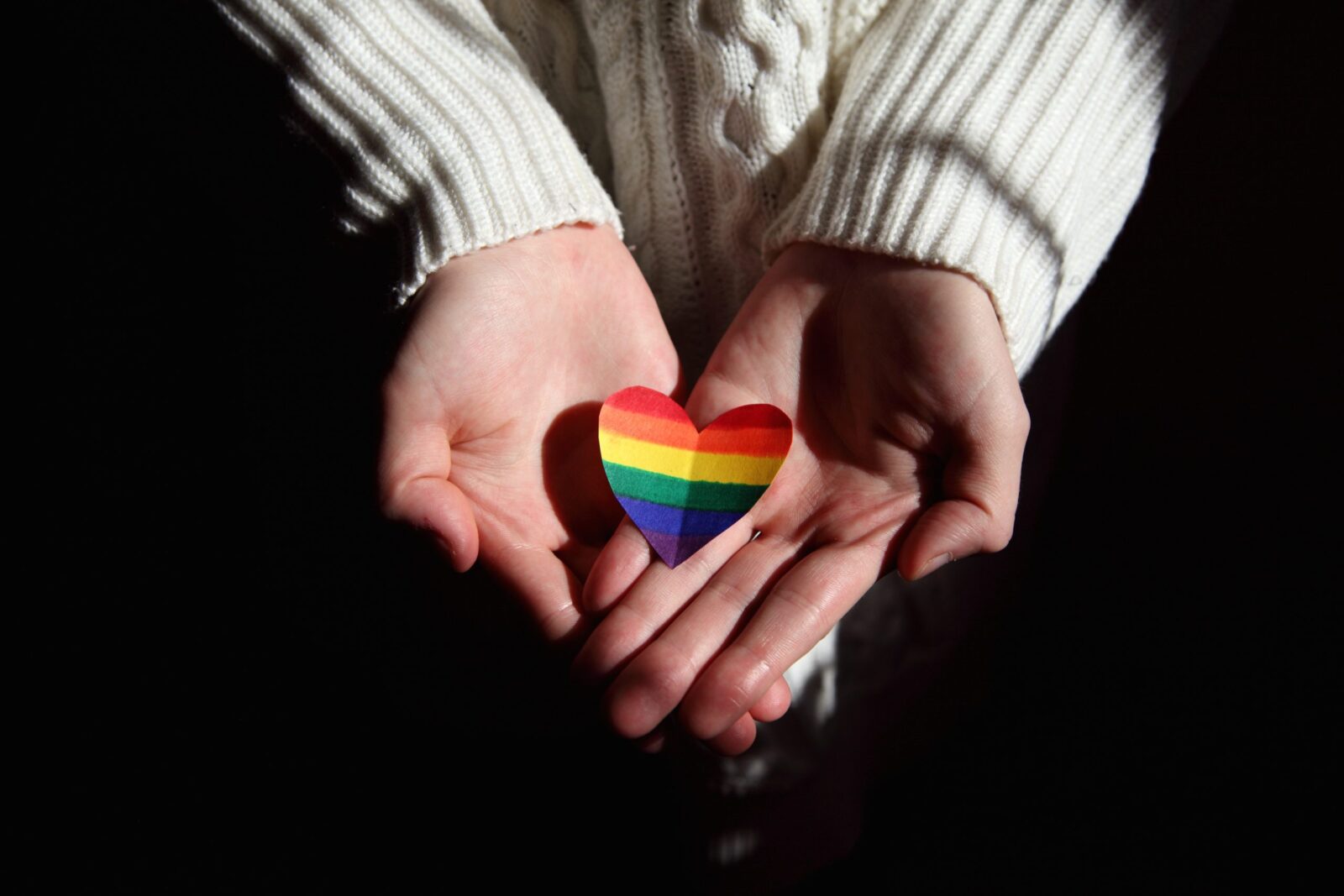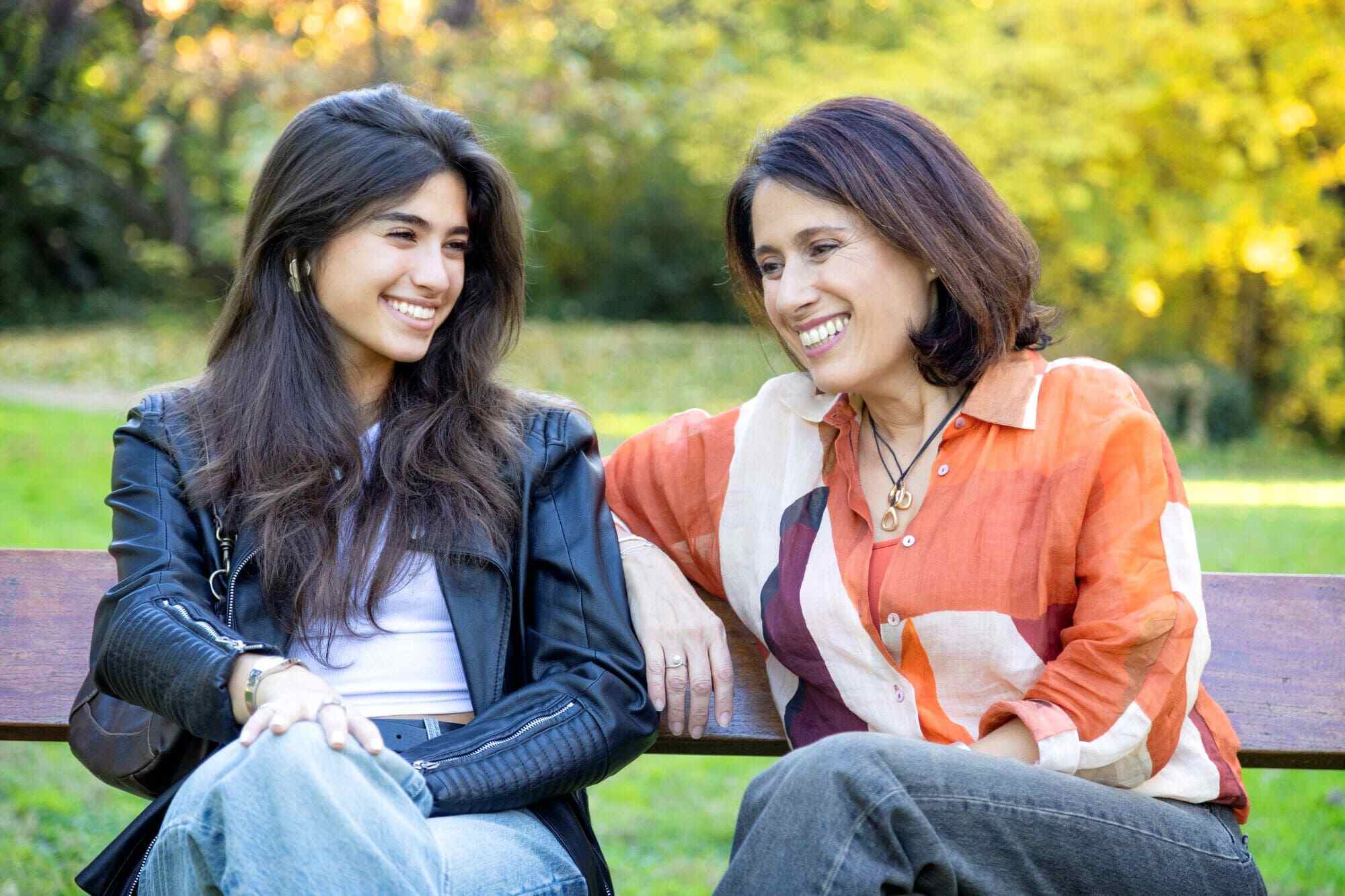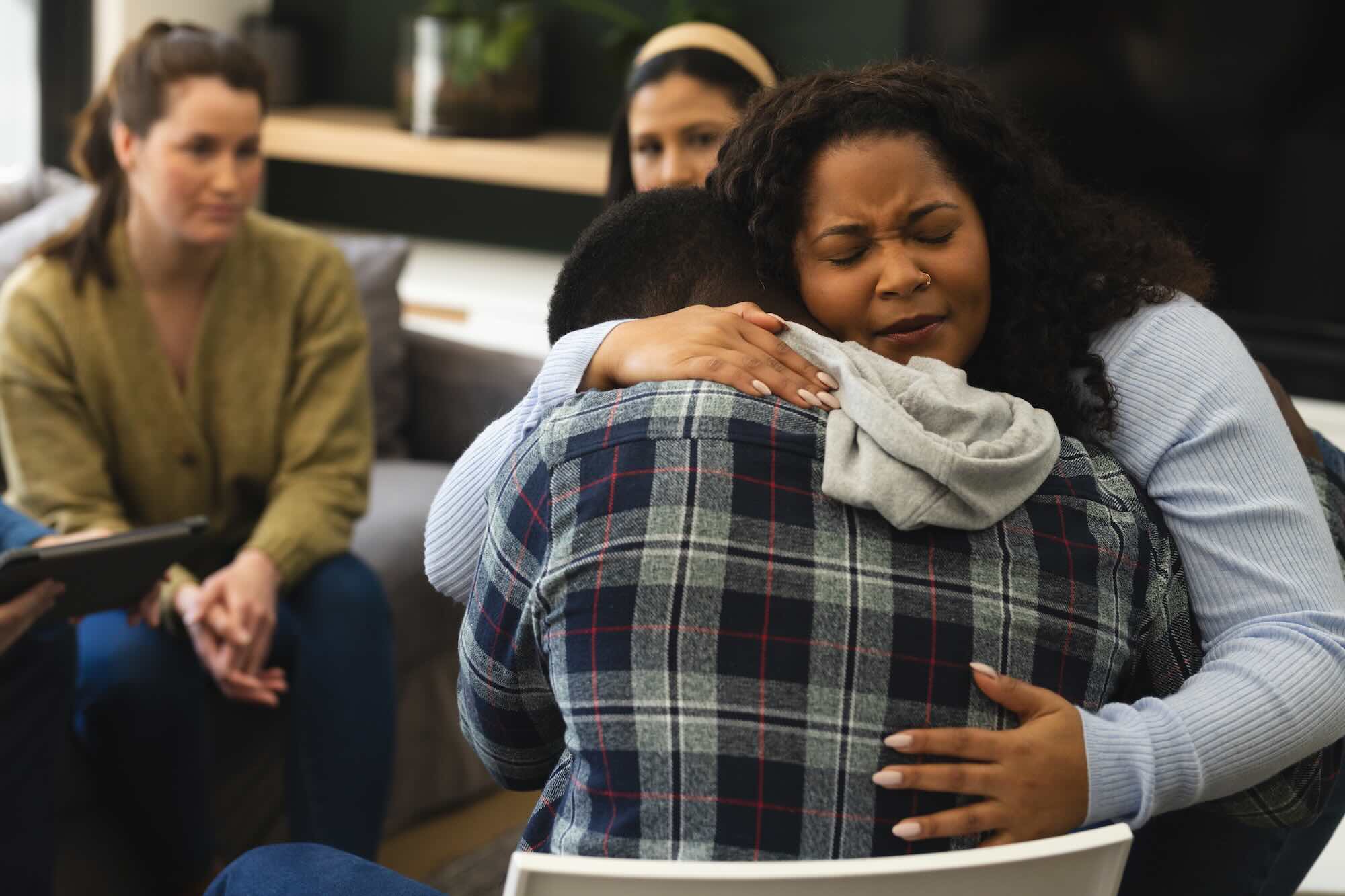Why LGBTQIA+ Teens Matter
The lives of all kids, teens, and adults should be protected and treasured. This is not a radical statement, but one that we should all agree with. When it comes to teens who are a part of the LGBTQIA+ community, they often have specific needs that maybe a heterosexual teen wouldn’t have.
The most important thing to remember when your teen is questioning their gender or sexual orientation is that they will require validation and support. Even if you (or they) aren’t completely positive about what they’re feeling, if they come to you, it’s because they trust you and value your support.
Learning a Little More About the Community
You’ve probably seen several variations of acronyms and wondered what all the letters stood for, or what the various labels mean. Here is a brief overview of some of the terms your teen may be familiar with that you aren’t.
- Sex | A label assigned at birth, dependent on the reproductive organs and chromosomes an individual is born with.
- Gender | Different from biological sex, gender is used to describe the socially constructed characteristics of men, women, and everything in between.
- Lesbian | A woman who is attracted to other women.
- Gay | Historically has referred to men who are attracted to other men, but is often used more broadly to refer to any individual who is attracted to those of the same gender.
- Bisexual | A person who is attracted to more than one gender.
- Transgender | This is a term for individuals whose gender is different from the sex they were assigned at birth.
- Queer | A term often interchangeable with the LGBTQ acronym, that some individuals choose to use to express fluid orientations or identities.
- Questioning | A word often used to describe individuals who are unsure and / or exploring their gender identity or sexual orientation.
- Intersex | This is a general term that refers to individuals who have physical or chromosomal traits that do not specifically match the binary ideas of male or female.
- Asexual | This term refers to a lack of sexual desire or attraction toward other people.
- Non-Binary | A generalized term that describes an individual who does not identify specifically as a male or female. Some individuals may identify as both male and female, a mixture of the two, or neither! Some non – binary people also identify as transgender.
- Gender Fluid | Refers to an individual who does not identify with one fixed gender.
- Cisgender | Describes an individual who identifies with the sex they were assigned at birth.
- Androgynous | Refers to how an individual presents or identifies themselves, typically not distinguishing themselves as feminine or masculine.
- Pansexual | A term for an individual that is attracted to people or any gender or sex.
There are a lot of different terms, labels, and details about the LGBTQIA+ community that are consistently evolving as new research happens every day. You don’t have to know and memorize all of them right now, but having a basic knowledge of these terms is a great place to start.
Some individuals who are not straight or cisgender know there is something “different” about themselves from an early age, while others do not know or acknowledge this until later in life.
It’s important to create a loving, supportive, and affirming environment for teens who may be questioning their gender, because of the unique struggles that LGBTQIA+ youth face.
The Unique Struggles of LGBTQIA+ Youth
Whether they have come out or not, teens who are a part of the LGBTQIA+ community face a unique set of challenges. One study suggested that these challenges are not a result of orientation or identify itself, but instead a result of stigmatization.
Suicide is the second leading cause of the death among American young people, with LGBTQIA+ youth being four times more likely to consider, plan, or attempt suicide than their peers. According to data gathered by The Trevor Project, more than 1.8 million LGBTQIA+ American youth between the ages of 13 and 24 seriously consider suicide every year.
Because LGBTQIA+ youth is often not accepted or even ostracized by family members, they often face issues like homelessness or abuse at the hands of a parent, both of which make them more susceptible to substance use and mental health disorders.
How is Cascade Canyon Practicing Inclusivity?
The Cascade Canyon program is about learning who you are at your core, without substance abuse, in a safe place, and where there is appropriate support for mental health disorders For some teens, this time of self-exploration and healing is also a time where they begin to explore and understand their gender and sexuality.
While all of Sandstone Care’s programs are inclusive, informed, and affirming, I took a moment to chat specifically with Amanda Porter, LPC, LAC, the Program Director at Cascade Canyon Teen Residential, as well as Jillian Luttrell, LCSW, the Program Director at Colorado Springs Rehab.
Both leaders shared with me that the staff at Cascade Canyon do everything in their power to create a space where teens can feel safe no matter their gender, sexual orientation, or pronouns.
“It’s difficult to talk about what we do differently for LGBTQIA+ clients, because we help them to integrate into the community, milieu, and program just like we would any other client” – Amanda Porter
The program curriculum at Cascade Canyon is all-encompassing of the life of a teen, and includes a healthy sexuality group, led by a licensed clinician. During this group, clients are encouraged to explore their own identity, orientation, and gender, while also learning about healthy romantic relationships, boundaries, and supporting those who are different from themselves.
Amanda also told me that if a client expresses to staff that they would like to begin using pronouns other than the ones associated with the gender they were assigned at birth, staff will respect their decision, and allow them to use the controlled space of our program to see if those pronouns feel right.
“This is a place for teens to explore their gender, pronouns, and labels, without the huge social impact. Do what feels right to you and we’ll help you figure out the healthiest way to do that” – Amanda Porter
Jillian spoke with me specifically about transgender clients, and the fears and apprehensions they face when seeking treatment.
“Transgender clients in particular often have this fear that they aren’t going to be accepted by the male or the female clients here, so we really try to just provide them with a safe space to be themselves, to being their authentic selves. We make sure that this is an open environment. If there are questions from peers, we address them in a therapeutic way so that there isn’t any bullying, and so that everyone feels safe” – Jillian Luttrell
Transgender clients are provided with a single room in order to minimize feelings of discomfort on their part, and also to ensure no opportunities for bullying or inappropriate comments from the other clients. The main priority for all of our clients, regardless of gender or orientation, is that they feel and are safe.
Not only does the team work to make sure clients feel supported, but they also work with the families to educate, affirm, and inform them.
Helping The Whole Family
The team at Sandstone Care believes that healing is a family affair. If one individual is struggling, the entire family is affected in some way, therefore, the entire family benefits from guidance and support.
One component of the 30-day program at Cascade Canyon is the Family Weekend. Led by our team of family and individual therapists, this is a time for parents, older siblings, and other close family members to join their teen for some time to process and learn.
Amanda told me that the team members are very straight forward and transparent about sexuality and gender with family members, but that it is primarily client-led.
If a client who identifies as part of the LGBTQIA+ community is ready to come out to their family, the family therapists will support both the teen and the family as they move through the process of navigating that time.
Support, resources, and education are all an important part of the process of learning about the LGBTQIA+ community as well as the mental health concerns your teen is facing.




